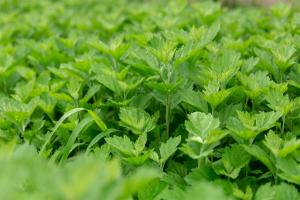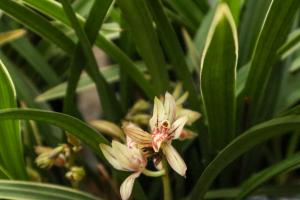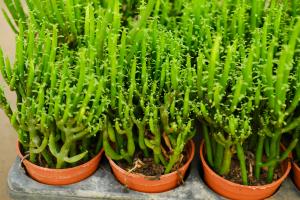Can I Use Pool Water on My Plants?
As a pool owner, you may be wondering if it is safe to use pool water on your plants. After all, pool water contains chemicals such as chlorine and other additives that can affect the health of your plants. In this article, we will explore the pros and cons of using pool water on plants.
The Pros of Using Pool Water on Plants
One of the benefits of using pool water on your plants is that it is readily available. Instead of letting the water go to waste or paying to have it disposed of, you can use it to nourish your garden. Additionally, pool water is rich in nutrients such as potassium, nitrogen, and phosphorus, which are essential for plant growth.
Another advantage of using pool water on plants is that it can help save water. During the summer months, when it is hot and dry, plants require more water to thrive. By using pool water, you can cut down on the amount of tap water you use, which can help save money on your water bill.
The Cons of Using Pool Water on Plants
While there are some benefits of using pool water on plants, there are also some potential drawbacks. One of the main concerns is the presence of chlorine and other chemicals in the water. These additives can affect the pH levels of the soil and damage the plant's roots, leading to stunted growth or even death.
Additionally, if you use pool water on edible plants, there is a risk of ingesting the chemicals present in the water. While the amount of chlorine that would be ingested may not be harmful to humans, it is still considered a risk.
How to Safely Use Pool Water on Plants
If you decide to use pool water on your plants, there are some steps you can take to minimize the risks. First, make sure to dilute the pool water with tap water before using it on your plants. This will help reduce the concentration of chemicals in the water.
Secondly, only use pool water on non-edible plants. Avoid using it on any vegetables or fruits that you plan to eat. This will help reduce the risk of ingesting any harmful chemicals.
Lastly, it is recommended to wait at least 24 hours after adding chlorine or other chemicals to the pool before using the water on plants. This will give the chemicals time to dissipate and minimize any potential harm to the plants.
Conclusion
Using pool water on plants can be a way to save water and provide essential nutrients to your garden. However, it is important to be aware of the potential risks and take steps to minimize them. Diluting the water, avoiding edible plants, and waiting sufficient time after adding chemicals to the pool can all help ensure the safety of your plants. With these precautions in mind, you can use pool water on your plants with confidence.

 how many times do yo...
how many times do yo... how many planted tre...
how many planted tre... how many pine trees ...
how many pine trees ... how many pecan trees...
how many pecan trees... how many plants comp...
how many plants comp... how many plants can ...
how many plants can ... how many plants and ...
how many plants and ... how many pepper plan...
how many pepper plan...
































